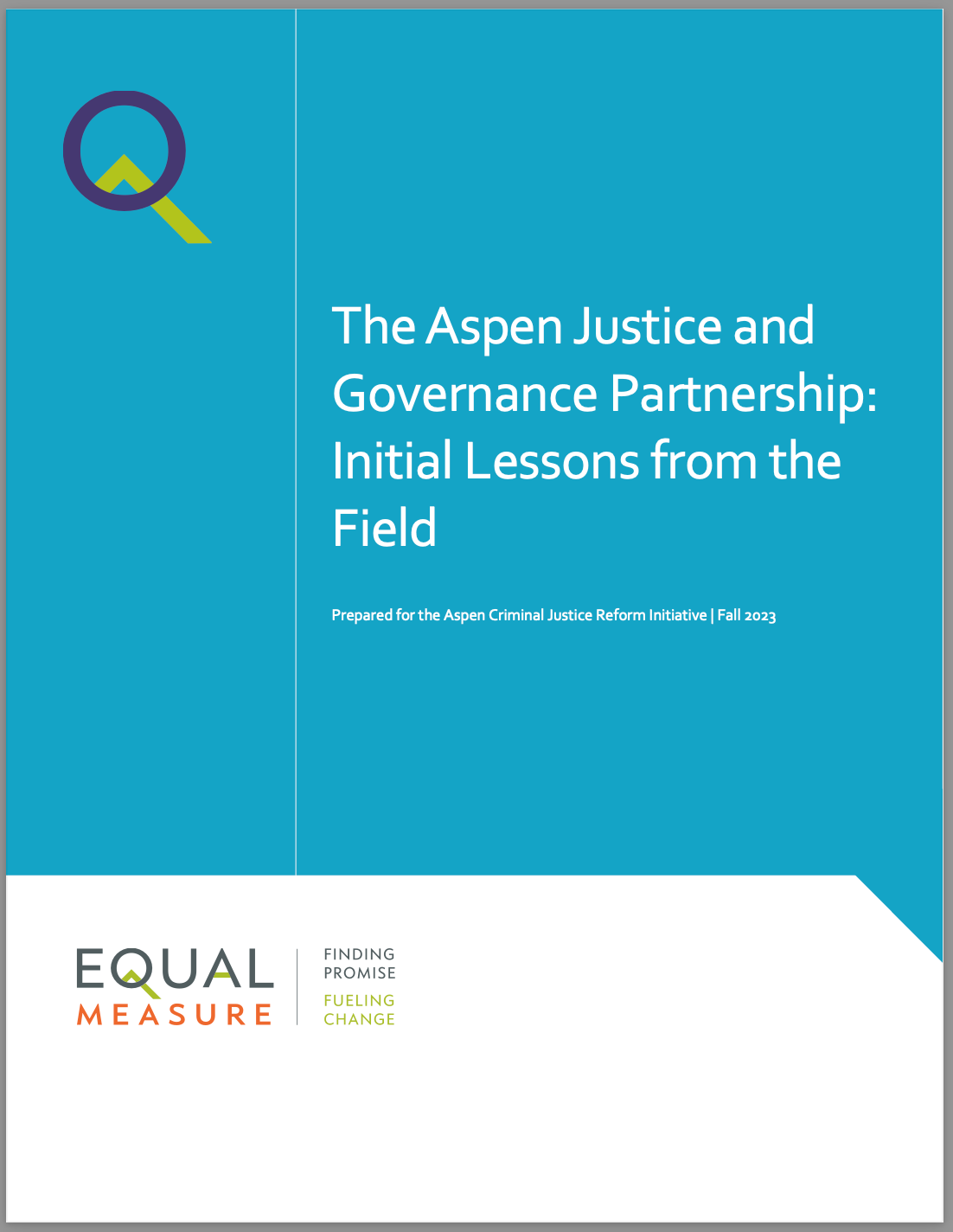United States Attorney General Loretta Lynch isn’t explicitly calling her private meeting with Bill Clinton earlier this week a mistake. She won’t say that she should have kicked the former president off her plane when he boarded it for a brief chat at the Phoenix airport, even though her department is leading an investigation into whether Clinton’s wife or her aides committed a crime by mishandling classified material.
Nevertheless, Lynch has pledged to heed the guidance of federal prosecutors and investigators regarding whether to bring charges against Hillary Clinton for her use of a personal email server as secretary of state. The announcement—a display of deference from someone who retains the final say on whether to pursue an indictment against Clinton—is meant to dispel the perception of political meddling in a decision that could very well influence the outcome of the presidential election.
“I fully expect to accept” the recommendations of FBI and Justice Department investigators and prosecutors, Lynch said at the Aspen Ideas Festival, which is co-hosted by the Aspen Institute and The Atlantic. She added that she would not be recusing herself from the case for a possible conflict of interest, as some Republicans have demanded, meaning she would still be briefed on the findings of the investigation and the suggested next steps.
Moderator Jonathan Capehart sought to clarify what precisely Lynch meant by “accept.”
“Accepting to me means, ‘Here Madame Attorney General: Here are our findings.’ And you completely accept them wholeheartedly and then issue them to the public,” he said. “Or you accept them, look them over, and then make your own determination as to what the final determination will be.”
“No, the final determination as to how to proceed will be contained within the recommendations and the report in whatever format the team puts it together,” Lynch said. “That has not been resolved.”
Lynch outlined how the investigation will proceed, though she didn’t specify a timeline or what might happen if the FBI and Justice Department come up with different recommendations: “The matter is being handled by career agents and investigators with the Department of Justice. … They are acting independently. They follow the law, they follow the facts. That team will make findings—that is to say, they will come up with a chronology of what happened, the factual scenario, they will make recommendations as to how to resolve what those facts lead to. The recommendations will be reviewed by career supervisors in the Department of Justice and in the FBI, and by the FBI director. And then, as is the common process, they present it to me.”
She emphasized that the process would be led by “career” officials who aren’t politically appointed. (Lynch was appointed as attorney general by President Obama, and previously appointed as U.S. attorney for the Eastern District of New York by President Bill Clinton.) These officials, she noted, “live from administration to administration.”
Lynch said the process disclosed on Friday has been planned for some time, though she also suggested that the meeting with Clinton precipitated her announcement.
“We … don’t typically talk about the process by which we make decisions … but in this situation, because I did have that meeting, it has raised concerns, I feel,” she said. “And while I can certainly say this matter’s going to be handled like any other, as it has always been, it’s going to be resolved like any other, as it was always going to be, I think people need the information about exactly how that resolution will come about in order to know what that means and really accept that and have faith in the ultimate decision of the Department of Justice.”

Lynch characterized her tete-a-tete with Clinton as a “social meeting” in which Lynch, her husband, and Clinton discussed Clinton’s grandchildren, his travels, and former U.S. Attorney General Janet Reno. (Lynch has previously said the meeting wasn’t planned.)
“No matter how I viewed it, I understand how people view it,” Lynch said. “And I think that because of that, and because of the fact that it has now cast a shadow over how this case may be perceived, no matter how it’s resolved, it’s important to talk about how it will be resolved. It’s important to make it clear that that meeting with President Clinton does not have a bearing on how this matter’s going to be reviewed, resolved, and accepted by me. Because that is the question that it raises.”
“You’d be well within your right to say, ‘Um, get off my plane. What are you doing here?’” Capehart responded. “Do you regret not telling the former president of the United States to leave the premises?” The audience, and Lynch, laughed.
“I may have viewed it in a certain light, but the issue is how does it impact the work that I do and the work that the Department of Justice does?” Lynch answered. “And I certainly wouldn’t do it again. … The most important thing for me, as the attorney general, is the integrity of this Department of Justice.”
This article originally appeared at The Atlantic.
Photo credit: Daniel Bayer/The Aspen Institute

